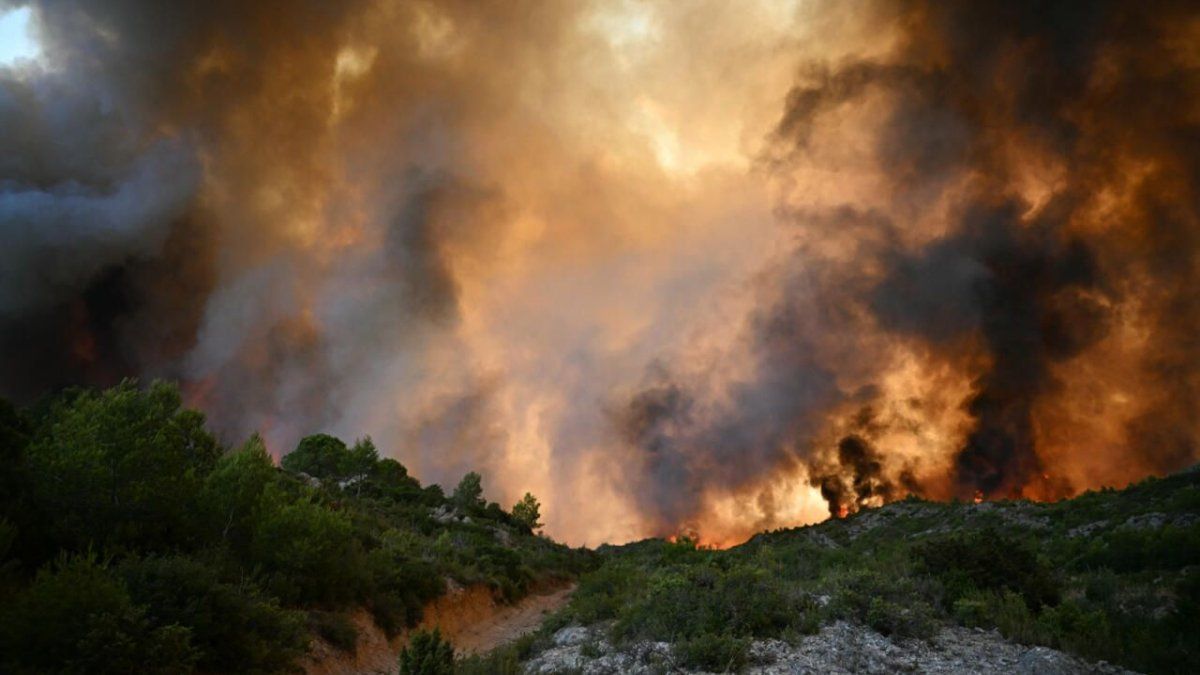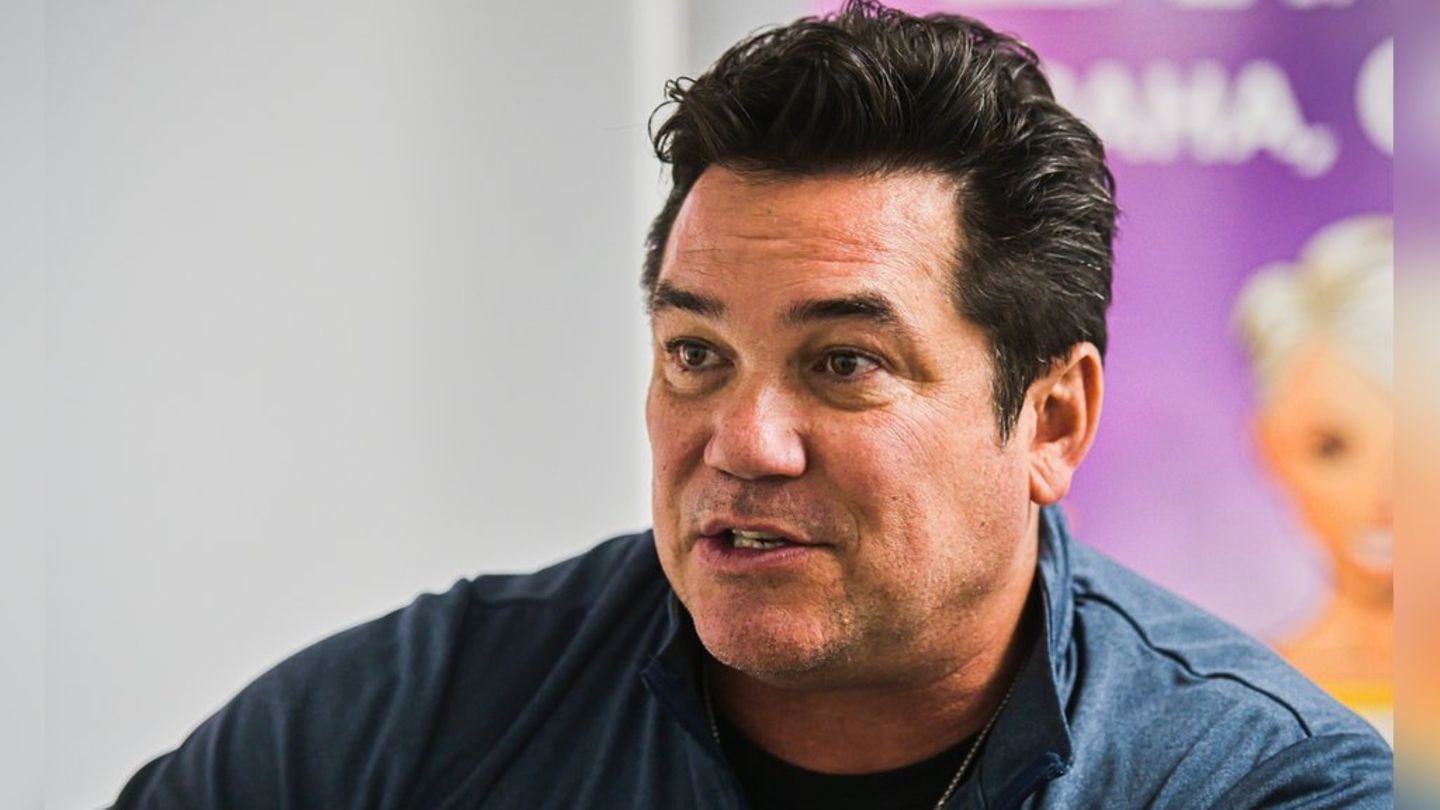In Europe we have enough to eat, despite the climate crisis and the war in Ukraine. But “we are facing a major turning point in nutrition. The agro-industrial system, which has been successful for a very long time, has led us to a dead end,” said star chef and green MEP Sarah Wiener during her visit to Linz on Thursday.
The variety of plants is impoverished, one has given up a part of food security for a one-sided diet that needs a lot of external input such as pesticides and expensive mineral fertilizers.
Wiener specifically calls for the implementation and improvement of the new EU regulation on the use of pesticides, which the EU Commission presented in mid-June and which she is also negotiating as spokeswoman for Parliament. Among other things, this should reduce the use of dangerous plant toxins by 50 percent by 2030. The member states would have to set their own reduction targets. Pesticides should be banned in all sensitive areas, which are urban green spaces, schools, playgrounds, but also protected areas under Natura2000. The calculation method in the draft for permitted pesticides is problematic for the Greens. According to the politician, harmless baking powder is classified as eight times more risky in the draft than the highly toxic difenoconazole.


They experience “unspeakably tough” resistance from “reactionary and conservative forces”. She spoke of a “concerted defense” by the agricultural lobby against the restriction of pesticides, “they close their eyes like three-year-olds” to the fact of the high level of pollution with environmental toxins, “from the ice in Spitsbergen to mother’s milk”.
In the Netherlands, there have been violent protests by farmers for weeks against the restriction on nitrogen emissions, which above all wants to put a stop to industrial animal husbandry “in three-story milk production and 30-story pig fattening farms”. Farmers are also protesting in many German cities, among other things against a complete ban on pesticides in landscape protection areas. We should stop subsidizing agricultural land with billions in subsidies, but instead use these funds to make agriculture more regional and diverse. The farmers could not produce even more cheaply and compete even more with their neighbors, Wiener sees the farmers in a difficult situation. “The farmer today is overworked, exploited and badly paid.” (uru)
Source: Nachrichten




